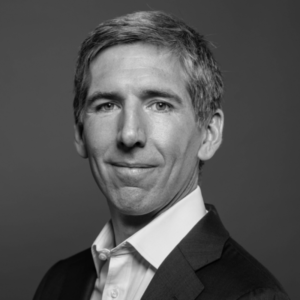Podcast: Play in new window | Download
 Reading Time: 2 minutes
On today’s Intelligent Money Minute, we’ll interview Larry Swedroe on the value of HSAs. HSAs are becoming more popular as people grow to understand them. Multiple benefits come when utilizing an HSA. First, there’s an upfront tax deduction. The second benefit is using the HSA as a way to fund medical expenses. Larry suggests to those who have sufficient taxable dollars to pay their medical bills without an HSA. They should treat the HSA as an investment account. The benefit is that it’s never taxed.
As Larry and I mentioned, there are a lot of benefits to using an HSA if you qualify. We’ve written a comprehensive blog on this topic on our website. At Intelligent Investing we strive to minimize fees and we think of taxes as another fee that we try and minimize for our clients. We’d love to have a complimentary coffee or virtual meeting with you to discuss ways in which we may be able to serve you and your family. To simply get started, click here.
Schedule a short discovery call or meeting
We’ll be interviewing Larry on several podcasts regarding markets, passive investing, and diversification, so be sure to subscribe to our Intelligent Money Minute podcasts.
Larry was among the first authors to publish a book that explained the science of investing in layman’s terms, “The Only Guide to a Winning Investment Strategy You’ll Ever Need.” He has since authored seven more books.
Reading Time: 2 minutes
On today’s Intelligent Money Minute, we’ll interview Larry Swedroe on the value of HSAs. HSAs are becoming more popular as people grow to understand them. Multiple benefits come when utilizing an HSA. First, there’s an upfront tax deduction. The second benefit is using the HSA as a way to fund medical expenses. Larry suggests to those who have sufficient taxable dollars to pay their medical bills without an HSA. They should treat the HSA as an investment account. The benefit is that it’s never taxed.
As Larry and I mentioned, there are a lot of benefits to using an HSA if you qualify. We’ve written a comprehensive blog on this topic on our website. At Intelligent Investing we strive to minimize fees and we think of taxes as another fee that we try and minimize for our clients. We’d love to have a complimentary coffee or virtual meeting with you to discuss ways in which we may be able to serve you and your family. To simply get started, click here.
Schedule a short discovery call or meeting
We’ll be interviewing Larry on several podcasts regarding markets, passive investing, and diversification, so be sure to subscribe to our Intelligent Money Minute podcasts.
Larry was among the first authors to publish a book that explained the science of investing in layman’s terms, “The Only Guide to a Winning Investment Strategy You’ll Ever Need.” He has since authored seven more books.

